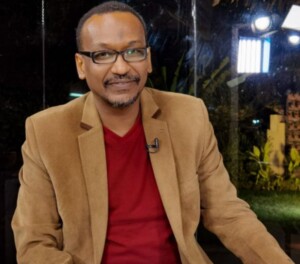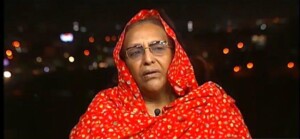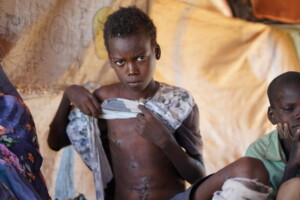New Renaissance Dam deadlock as Egypt, Sudan, Ethiopia talks fail
Sudan, Egypt, and Ethiopia have again failed to reach an agreement on Wednesday about the Grand Ethiopian Renaissance Dam (GERD)* after a week of negotiations. The Ministers of Water Resources of the three countries agreed yesterday to return the file to the African Union (AU).
 Grand Ethiopian Renaissance Dam (File photo: www.pietrangeli.com)
Grand Ethiopian Renaissance Dam (File photo: www.pietrangeli.com)
Sudan, Egypt, and Ethiopia have again failed to reach an agreement on Wednesday about the Grand Ethiopian Renaissance Dam (GERD)* after a week of negotiations. The Ministers of Water Resources of the three countries agreed yesterday to return the file to the African Union (AU).
The three parties were unable to make any tangible progress during the week, in the task set by their Foreign and Water Ministers in their meeting on October 27, which is to agree on the role that experts can play in setting the negotiation methodology, and the various negotiations tracks.
During this round, via videoconference under the auspice of the African Union’s current president, South Africa, Sudan adhered to its position of refusing to return to negotiations according to the previous methodology, which did not make any progress, and in return it put forward a detailed proposal on giving a greater role to experts and consultants from the African Union (AU) to bridge the views between the parties and suggest solutions.
Ethiopia expressed its agreement to maximise the role of AU experts and presented a vision similar to that of Sudan, but Egypt objected to this proposal and made proposals revolving around continuing negotiations through previous methods.
Sudanese Irrigation and Water Resources Minister Yasir Abbas said in a statement that Khartoum still adheres to the negotiation process under the auspices of the African Union, but with a new methodology to reach a satisfactory agreement for all parties on filling and operating the Renaissance Dam.
The minister emphasised that the pending technical and legal issues are few, and can be agreed upon if there is political will of all parties.
He pointed out that Sudan cannot negotiate without end and must guarantee the safety of its water facilities, especially since the El Roseires dam reservoir in Blue Nile state is only 15 kilometres from the Renaissance Dam.
The negotiations resumed on October 27, a week after US President Donald Trump called the situation “really dangerous” and warned that “Cairo may blow up that dam” during a call with Sudanese and Israeli leaders about normalising relations with Israel.
* Grand Ethiopian Renaissance Dam (GERD)
In March 2011, Ethiopia announced its plans to build a large dam at the Blue Nile, in the Benishangul-Gumuz region, about 15 to 40 kilometres east of the border with Sudan, as a jointly funded, owned, and operated project between the three countries. Egypt and Sudan vehemently opposed the proposal. They claimed adverse effects on their Nile water rights and interests.
Khartoum later softened its position. Cairo, however, has warned that Ethiopia will not be able to unilaterally fill the dam without consequences.
Egypt relies on the Nile for more than 90 per cent of its water. The Blue Nile contributes approximately 85 per cent to the volume of the main Nile River.
In March 2015, the countries signed a Declaration of Principles in Khartoum as a basis for negotiations, but no breakthrough on the use of the Nile waters has been made since.
Addis Ababa began filling the reservoir in August, after indicating on several occasions that, even without an agreement, it would do so. This prompted new speculation on whether the three countries will be able to find common ground.
The Grand Ethiopian Renaissance Dam (GERD), when finished in 2022, will have a reservoir with a volume of more than 74 billion cubic metres, and a hydroelectric generating capacity of 6,450 megawatts.
Radio Dabanga’s editorial independence means that we can continue to provide factual updates about political developments to Sudanese and international actors, educate people about how to avoid outbreaks of infectious diseases, and provide a window to the world for those in all corners of Sudan. Support Radio Dabanga for as little as €2.50, the equivalent of a cup of coffee.












 and then
and then